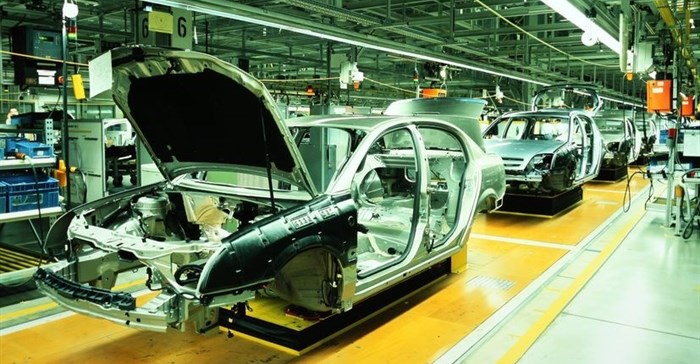Vehicle manufacturers are relying on exports to keep production lines busy and counter a dismal local market that analysts say could continue to shrink for another two years. The pursuit of foreign business is made doubly important by the decline of the rand, as companies seek export earnings to offset rapidly rising import bills.
Imported brands, lacking the benefit of foreign revenue, admit they are struggling under the weight (or its lack) of the rand. Though most SA-based manufacturers hope to keep percentage price rises this year to single figures, Hyundai Motor SA CEO Alan Ross says that if the currency stays at its current levels, his import-only business "could be looking at price increases of 12%15%".
Subaru SA has already raised prices twice, by 2.5% and 2%. Marketing manager Ashley Lazarus speaks for all manufacturers and importers when he says planned increases don't compensate for additional costs. To pass these on in full "would be disastrous to our sales and too much of a burden to customers". Instead, the gap "is affecting profitability both at distributor and retail level".
Consumers don't get off lightly
Consumers, however, must not think they are getting off lightly. Companies say the price discounts and special deals that characterised 2015 sales will not be repeated in 2016.
Expecting a bigger domestic market last year than materialised, SA manufacturers built more cars than they needed. As a result, they and their dealers offered generous incentives to clear stock. This time round, they have a more realistic idea of demand so will not need to be as generous.
"There will definitely be a decrease in buyer incentives," says Nissan SA MD Mike Whitfield.
Says Hyundai's Ross: "None of us can afford to overstock."
By late last year, companies were already downgrading forecast demand by SA customers after two successive years of new vehicle sales decline. Following this January's disappointing sales data, some say they may revise their forecasts even further downward. Official figures showed that new-car sales fell 6.1% from a year earlier, and combined sales of cars and commercial vehicles were down by 6.9%.
As a result, predictions for the 2016 full-year decline now range from 6% to 12%. Previously, 2016 had been seen as the 'bottoming out"' year, with recovery expected from 2017. Now the growing view is that next year will also be a downward one, as bad economic news and diminishing consumer confidence continue to take their toll.
Exports are important
That is why exports are so important. More than 50% of cars and bakkies built in SA go to other markets. Mercedes-Benz SA CEO Arno van der Merwe revealed last week that nearly 90% of C-Class cars built at his company's East London assembly plant are sold overseas. That is more than the 80%85% originally planned, after the German parent company shifted more business the way of its SA subsidiary.
The decision was not taken specifically to compensate for declining local demand but as part of the global group's 'flexible"' strategy that allows it to move production between plants. "It's always been part of the plan for us to have new markets," Van der Merwe says.
Other major vehicle exporters also hope foreign business will make up for local losses. However, Whitfield says Nissan SA production this year could fall 10% because not only is the SA market struggling, but several across Africa - where Nissan SA concentrates its export efforts - are also weak. Falling oil prices have reduced GDP and spending power in important oil-producing destinations such as Nigeria and Angola.
Overall, the National Association of Automobile Manufacturers of SA expects vehicle exports in 2016 to add 12% to last year's record 333,748 and reach 375,000.
Rand volatility
That is why Ken Manners, president of the National Association of Automotive Component & Allied Manufacturers, says the fall in domestic sales is not an imminent threat to the SA supply industry. "Sales here may decline but the total volume of vehicles built will probably increase," he says.
There was a brief panic recently when suppliers faced heavy losses because of the rand's collapse. Between orders from local vehicle manufacturers and billing by foreign source companies, the currency fell from just over R13/US, to R16/US. Faced with potentially huge deficits, suppliers were relieved when motor companies agreed to bear some of the burden.
Manners is among those who believe the biggest danger from the rand is not weakness but volatility. "It's unsettling and makes it hard to plan five years down the line, which this industry has to do. Even if the rand stabilises around R16/US, that's okay, as long as it's steady."
Source: Financial Mail
















































